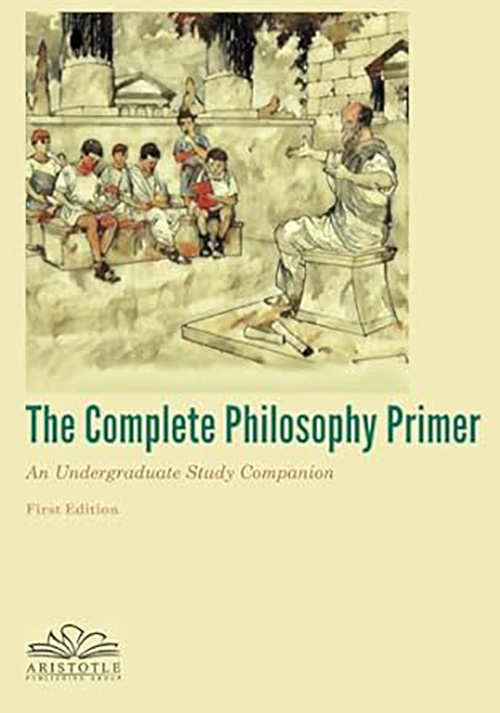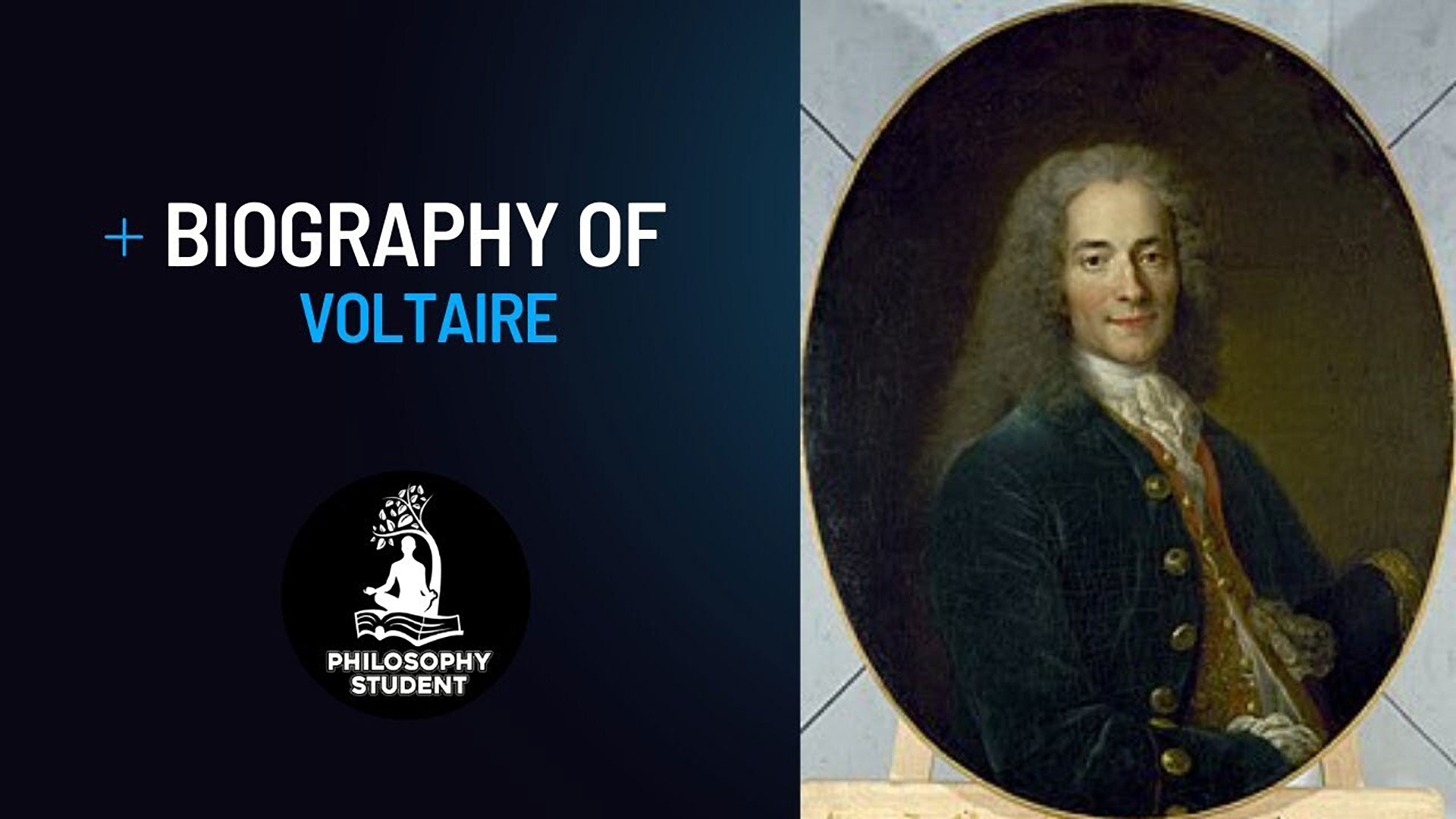Following the stage triumph of Oedipe (1718), his first tragedy, he adopted the pseudonym of Voltaire. After he was twice unjustly imprisoned in the Bastille and then forced into exile to England (1726-1728), there awakened in him a passion for justice. Nevertheless, he made good use of his English exile by allowing himself to come under the influence of the works of Newton and Locke. In 1733, he published, in England, Letters on the English, which were subsequently published in France in 1734. The French crown took the work as an attack on itself and publicly burned the books.
Voltaire lived with his mistress Émilie, marquise du Chatelet at her husband’s estate in Cirey, until her death in 1749. While living with her, he wrote a study of Isaac Newton, several plays, and commenced an important correspondence with the future Emperor Frederick the Great of Prussia. In the meantime, Madame de Pompadour, mistress of Louis XV, intervened with the king to win him favor in Versailles, and Voltaire was suddenly appointed royal historiographer and gentleman of the king’s bedchamber. He was also made a member of French Academy. He took up residence from June 1750 to May 1753 at the court of Frederick the Great but left after a dispute—which was subsequently resolved, whereupon the two figures resumed their former correspondence.
While pursuing the literary life, Voltaire proved himself a savvy investor and moneylender to the wealthy. He amassed a substantial fortune and purchased in 1758 Les Delices near Geneva, followed by the estate of Ferney across the Swiss border in France. Here he lived in great luxury, holding court to which the eminent men and women of Europe flocked. Yet he also worked diligently, writing articles for the great Encyclopédie and novels —the most celebrated of which was Candide (1759)—as well as plays. He also undertook the labor of editing the works of the tragedian Pierre Corneille (1606-1684).
Even from the lap of luxury, Voltaire became a literary activist, writing—anonymously, for the most part appeals on behalf of the underprivileged majority of France. He left Ferney in February 1778 and lived in Paris until his death, at age eighty, on May 30, 1778.
Besides Candide, Voltaire wrote other major literary works, including the tragic dramas Brutus (1730), Zaire (1732), Merope (1743), and Irene (1778) and the novel Zadig (1747). His major philosophical books include the Dictionnaire philosophique (1752), an alphabetically arranged encyclopedia of reasoned articles mostly analytically criticizing such institutions as the Roman Catholic Church, Judaism, and Islam. The Dictionnaire is a work of moral philosophy and critical of the concept of God generally and of Christianity in particular.
Other philosophical works include Treatise on Tolerance (1763), an argument in favor of religions toleration; Idées républicaines (1765), an argument defending free thought and free expression; The Philosophy of History (1765), which defined the study of history as a philosophical discipline; and Des singularités de la nature (1768), largely a defense of the existence of a supreme being who created nature to benefit humanity.
Voltaire regarded philosophy and writing as forms of action, much as Jean-Paul Sartre would in the twentieth century. He was an acute social critic and advocate of reform, who delighted in deconstructing the institutions of his age, especially the Catholic Church and the clergy. He had no direct quarrel with monarchy as an institution, and, indeed, was very skeptical of the judgment of the common people in great affairs. Nevertheless, he espoused and argued in support of “natural religion” and believed that organized religion and priesthoods should be done away with. He opposed religious intolerance and passionately advocated for equality under law. Until this measure of justice could be won, however, he counseled maintaining a philosophy of stoic endurance.
































